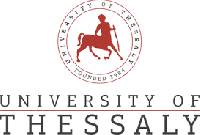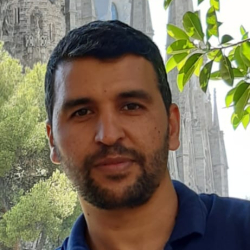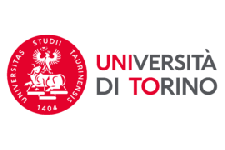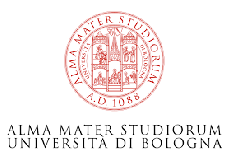ABOUT US




CIPROMED aims to apply, validate and scale up an integrated array of processes, recovering a significant amount of by-products and related sources that can be used with success as protein sources for food and feed. These sources that are to be utilized will be based on insects, microalgae, and legumes, as well as agri-industrial side-streams (e.g., brewer’s spent grain, oilseed presscakes), that will subsequently be integrated with animal production and aquaculture, but also directly for human consumption. The recovery of ingredients that are based on these natural resource-based substances will be performed through applying cascades of processes enabling the sequential extraction and fermentation of alternative ingredients. In this context, the integration of insects, microalgae and legumes in food and feed will be based on circular economy attributes, along a wide range of LCA- and CEA-proofed economically and environmentally sustainable extraction, modification and stabilization techniques. The resulting high-value ingredients of the novel food and feed items will be extensively tested on different “real-world” systems, through feeding trials but also through clinical studies.




.jpg)






